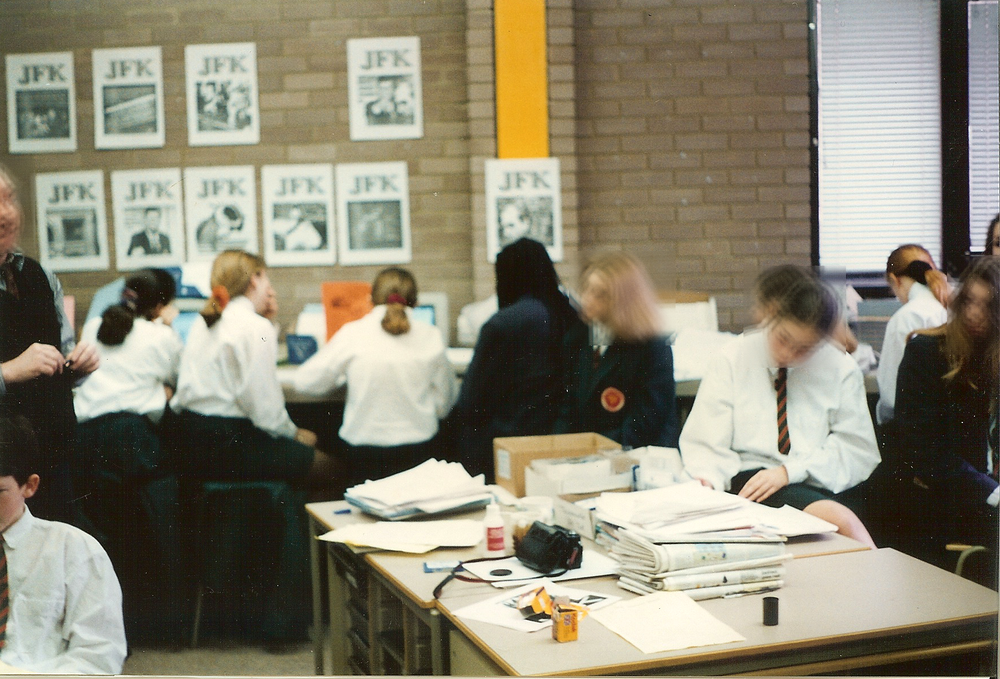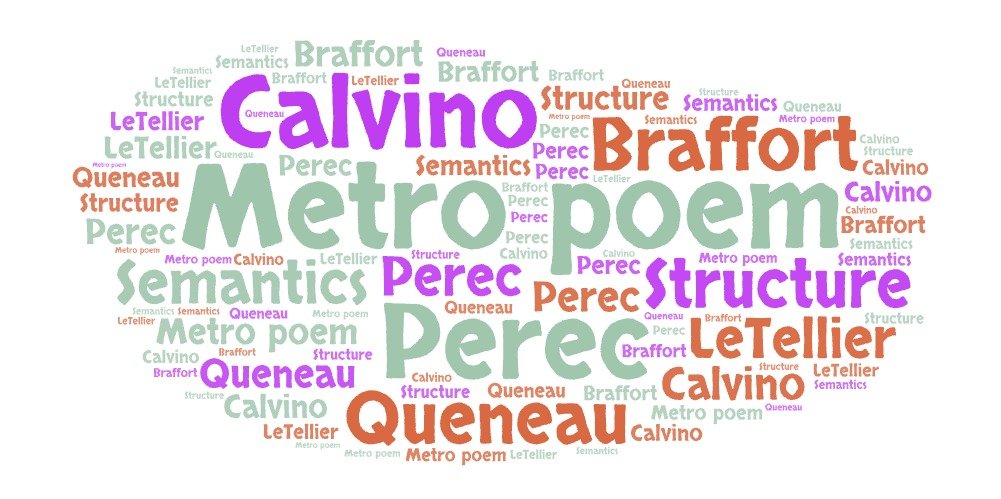I don’t think rules, as commonly formulated, are very useful in the context of Computing lessons.
Read MoreBacklist: The Written World
Writing was invented ‘only’ a few thousand years ago. It’s a fascinating story.
Read MoreBacklist: What I'm reading: Bounce
What does it take to become an expert? And what can the Computing teacher do about it?
Read MorePhoto by Terry Freedman
6 routines for Computing lessons Revisted
Routines are good, because pupils know what to expect. They are able to predict what is going to happen, and when. Some pupils, whose home lives are chaotic and unpredictable, may even feel safe because of routines. Here are some routines that I think are useful for Computing lessons.
Read MoreA rubric for assessment? What a joke! Revisted
A lighthearted look at rubrics as a form of assessment.
Read MoreGraphic by Terry Freedman
Professional Development in Technology (Updated)
The key question to ask about anything in education is “So what?”. If you can’t answer that question truthfully and convincingly in terms of students learning outcomes, then why are you undertaking that activity?
Read MoreBacklist: The Fourth Education Revolution
The title of this book invites curiosity: what were the other three ‘revolutions?
Read MorePhoto by Terry Freedman
Understanding adult education
The theory of teaching adults is known as “andragogy” (as opposed to “pedagogy”, which refers to the teaching of children) and comprises four basic tenets.
Read MoreBlack and white sketch photo of Terry Freedman
Every so often my natural masochistic tendencies kick in and I feel compelled to respond to people on Linkedin.
Read MoreA book review for your English department colleagues perhaps
Some of these stories are so richly told, it can almost seem as though you’re right there with him.
Read MoreReview: Pen Names
OK, so this has nothing to do with education technology, but we all read (I hope!). A very interesting examination of the pen names some authors have adopted, and why.
Read MoreReview: The Library of Ancient Wisdom: Mesopotamia and the Making of History
There's a really interesting section in this book about how ceramic storage of data and information is probably the most likely medium to stand the test of time.
Read MoreA book review for your biology colleagues perhaps
The subject under discussion here is how human physiology has developed in different ways, in response to different conditions around the world.
Read MoreThe history of news is not simply the history of printing inventions
A few hundred years ago editors were more like collators. They would gather together bnits and pieces of news from various sources and writers and produce a pamphlet.
Read MoreDrawing by Terry Freedman.
On this day: An example of how technology changes things
Nine-year-old Martha Payne writes a daily blog in which she uploads a picture of her school lunch and reviews it. Argylle and Bute Council has some sort of nervous breakdown.
Read MoreOn this day: The (digital) revolution comes to the London Barbican
I remember this exhibtion: it was pretty good, and I’m not somebody who is easily impressed. I thought the ideas were very creative, and I liked the interactivity.
Read MoreAn invidious comparison
I can say without hesitation that the most costly students in terms of my time are the ones who do the work and hand something in each week.
Read MoreAI guides, and student involvement
I keep seeing blog articles and guides about using AI in education, and they mostly seem to be a form of painting by numbers.
Read MoreOulipo word cloud
The value of constraints: a note about the Oulipo and computing
The early Oulipians in particular were interested in how mathematics and literature could be combined. Calvino, for example, wrote about using cybernetics in literature.
Read MoreIs a ‘Digital Champions’ Scheme a Great Way to Provide Learning Opportunities, or Just a Budget Version of Tech Support?
There is little doubt that youngsters tend to be very quick at picking things up when it comes to technology, and are just as keen to pass on their knowledge to others.
Read More





